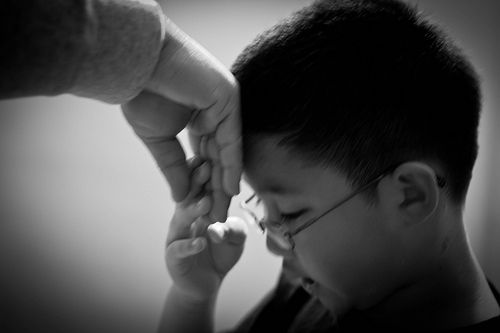Sign Up
Already have an account?Login
Already have an account?Login

The Philippines is a country rich in tradition, hospitality, and respect—especially when it comes to how we treat our elders. From the way we address them to the gestures we use when we meet them, these customs reflect the deep-seated values of family, humility, and reverence that define Filipino culture. If you’ve ever visited the Philippines or interacted with Filipinos, you might have noticed the unique way we acknowledge our elders, and today, I’d love to walk you through these beautiful traditions.
Filipinos place an immense value on family. In many households, multiple generations live under one roof, and grandparents play a significant role in raising the younger ones. Because of this strong familial bond, respecting elders is not just a practice—it’s a way of life.
In the Philippines, showing respect to elders is deeply ingrained from childhood. We are taught early on that elders deserve not just politeness but also a level of deference that acknowledges their wisdom and experience. This can be seen in the words we use to address them, our body language, and even in the way we interact with them in daily life.
One of the first things you’ll notice in Filipino culture is how we refer to our elders with specific titles rather than just their names. Unlike in Western cultures, where it’s common to call people by their first names regardless of age, Filipinos rarely address an older person without a respectful title.
Here are some of the most common ways Filipinos address their elders:
Using these terms isn’t just about following tradition—it’s about building and maintaining relationships through respect.
One of the most touching Filipino traditions is the act of “pagmamano.” This gesture is a way of showing respect to elders by taking their hand and gently touching it to one’s forehead while saying, “Mano po.”
The word “mano” means “hand,” and “po” is a term of respect. This gesture is often done when greeting grandparents, parents, godparents, or older relatives, especially during visits or family gatherings. It is similar to a blessing, and elders respond with a kind expression, sometimes saying, “God bless you.”
Even though younger generations may not practice this as often, many families still uphold this beautiful tradition, reinforcing the values of respect and humility.
Respect doesn’t just stop at family—it extends to how we treat visitors as well. Filipinos are known worldwide for their warm hospitality, and a huge part of this comes from our culture of showing kindness and deference to those older than us, even when they are not related.
This culture of welcoming others with warmth and generosity is one of the things that makes the Philippines such a special place.
Elders in Filipino culture are not just respected—they are also deeply involved in major family decisions. Whether it’s choosing a career, getting married, or making big life changes, their opinions hold significant weight.
Even in modern times, many Filipinos still seek the counsel of their elders before making important choices, demonstrating how age is honored rather than dismissed.
In today’s fast-paced, modern world, some of these traditions are slowly fading, but many Filipino families work hard to ensure that respect and honor remain central values in their households.
By doing these simple yet meaningful things, we ensure that these beautiful aspects of Filipino culture continue to thrive for generations to come.
Filipino culture is deeply rooted in love, respect, and strong family ties. The way we address our elders, the small but powerful gesture of “mano po,” and the way we involve them in our lives all speak to a culture that values wisdom, experience, and connection.
Whether you are Filipino or just someone who appreciates learning about different cultures, I hope this gives you a glimpse into the heart of Filipino traditions. These customs may evolve over time, but the values they represent—kindness, humility, and respect—will always remain.
Share this post:
